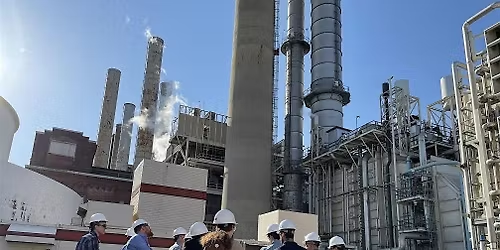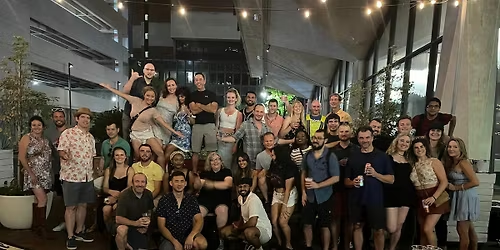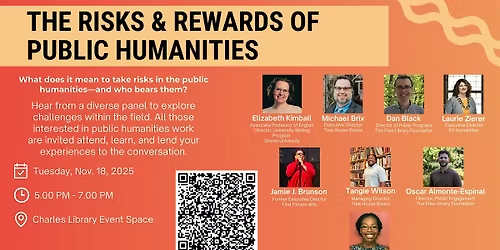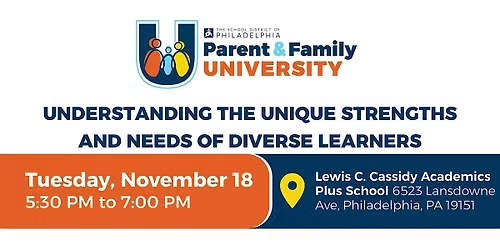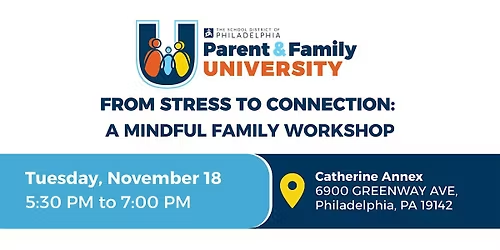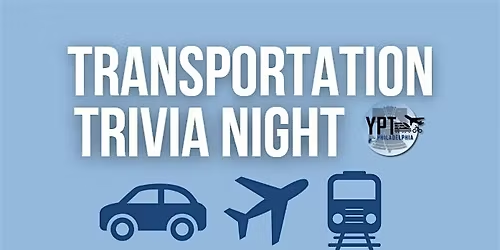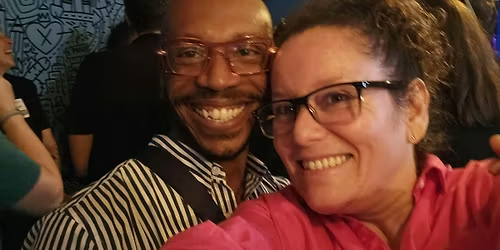
About this Event
Most discourse on the Rohingya, a predominantly Muslim group indigenous to the western Myanmar state of Arakan, focuses on the genocidal violence they have suffered. An unfortunate corollary to this imperative to speak about violence has been the flattening of all Rohingya into perfect replications of the body in pain. This obscures a great deal of diversity, which is, moreover, germane to understanding the violence itself. The talk focuses on the political economic factors driving historical migration and settlement patterns in Arakan (Rakhine) state of Burma, positing that capitalist property concentration and authoritarian state formation processes (particularly the expansion of immigration, security, and population relocation institutions) provided a backdrop for local conflicts that helped buttress distinctions between Rohingya and members of the Buddhist Rakhine ethnicity. Critically, British colonial land distribution policies followed the landlord “zamindar” model it implemented in India, one which diverged from Burma’s egalitarian land-to-the-clearer model. Land concentration in the hands of these proto-Rohingya zamindars led to proletarianization of proto-Rohingya peasants, which in turn ultimately created particular inter-ethnic class relations: wealthy land-owning Rakhine Buddhists had reason to want to preserve a reserve army of Rohingya laborers, while poor landless Rakhine had reason to see wealthy Rohingya as occupiers of land and poor Rohingya as threats to their own livelihoods and flourishing. These tensions played out in the context of the country’s military state formation attempts. This military state, dominated by the Bamar Buddhist majority, while racist and bigoted, did not take Rohingya extrusion as its only goal; instead, by seeking security objectives (and its agents seeking rent-seeking opportunities), it created expulsive pressures that were experienced differentially, co-varying with class: e.g. poor Rohingya who could not bribe immigration officials (thereby ‘proving’ their citizenship) or military commanders (thereby buying themselves out of forced labor) were more likely to flee the country than wealthier Rohingya who could purchase security. This protracted extrusion of Rohingya gave way to the mass violence of 2017’s expulsion of 800,000 Rohingya - a campaign that did not differentiate by class, and which, consequently, led to ethnogenetic consequences: Rohingya coming to identify as such, given their killability as tokens of that common type.
Elliott Prasse-Freeman received his PhD from the Department of Anthropology at Yale University. He has conducted long-term fieldwork in Myanmar, and has a book in print (Rights Refused, Stanford University Press) on Burmese subaltern political thought as adduced from an extended ethnography of activism and contentious politics in the country's semi-authoritarian setting. Prasse-Freeman also has a book project on Rohingya political subjectivity amidst dislocation and mass violence.
Event Venue & Nearby Stays
Annenberg School for Communication, Walnut Street, Philadelphia, United States
USD 0.00


